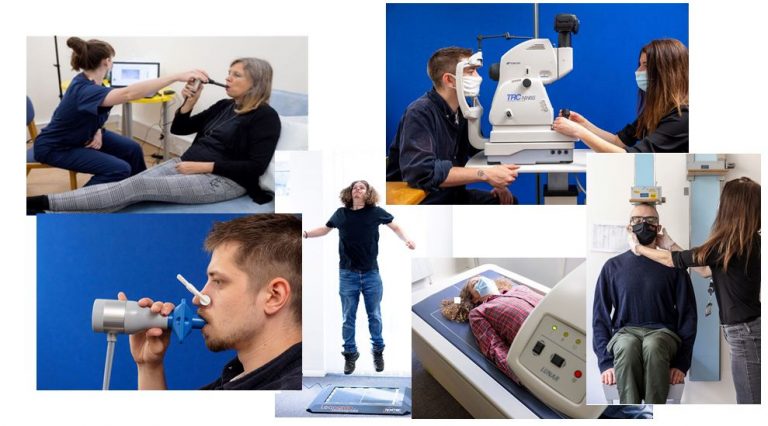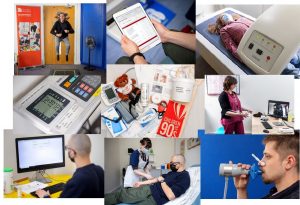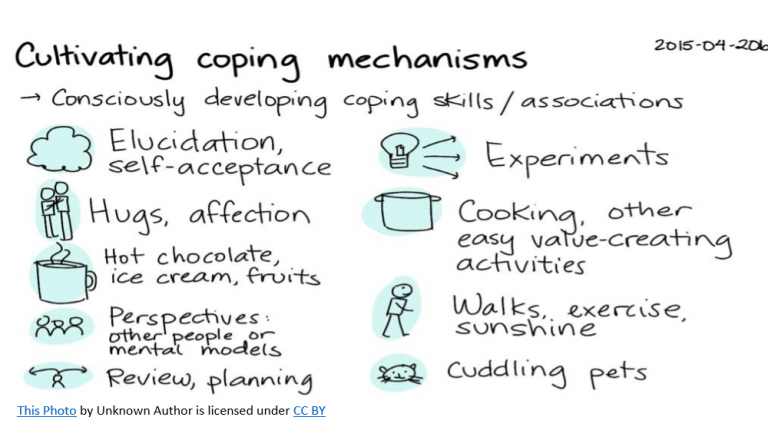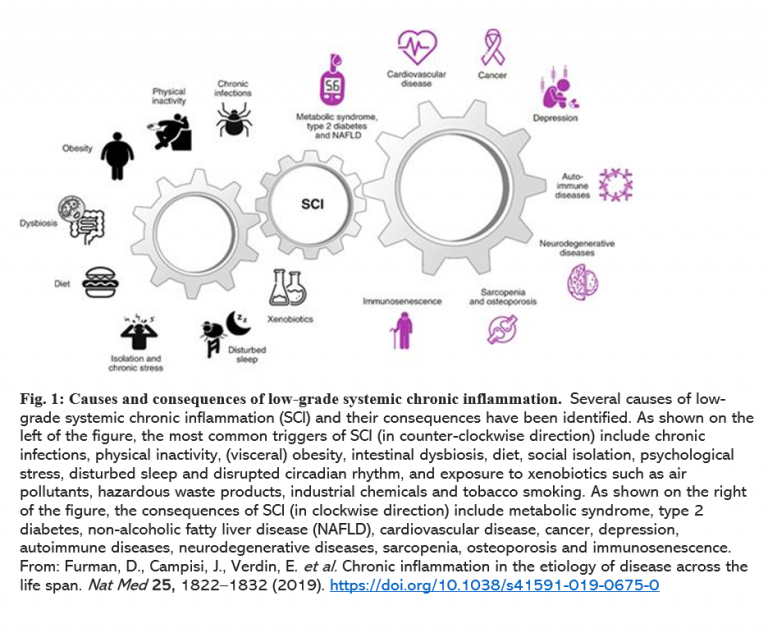
This programme of John Templeton Foundation (JTF) funded work concerns the investigation of ways in which beliefs and their associated behaviours might be associated with physical or mental health. This has initiated further data collection from both the study parents (G0s) and the study offspring (G1s). The plan is to obtain longitudinal data so that the analyses can be structured from a measure of beliefs and behaviours through changes in beliefs and behaviours, confounders, mediators, moderators to health outcomes.
Questionnaires
Between 2019 and 2020 we had collected data on beliefs and behaviours in questionnaires administered to the G0s and G1s. Although we were not aware of it at the time, this collection of data preceded by only a few weeks the total lock-down of the UK as the result of Covid-19.
The next two questionnaires to G0s and G1s have incorporated details of changes in beliefs and behaviours during the pandemic, as well as a variety of environmental and psychosocial factors which could be confounders, mediators or moderators of any association between beliefs or behaviours and health outcomes. These have been administered to the G0s from Spring 2022 onwards. The G1s have received the same questions (from November 2021), but they have been interspersed with other questions on their own children, education and employment, entrepreneurial behaviour, attitudes and risk taking (funded by other research groups). Consequently, to avoid over-burdening the G1s, their questions are being spread across four questionnaires, whereas those administered to the G0s are included in three questionnaires.
The JTF funded data being collected includes the following which may be mediators, moderators or confounders when considering the relationships between beliefs and behaviours and health outcomes: Locus of Control; life events since the start of the Pandemic; measures of personality; quality of partner relationships; beliefs and behaviours concerning climate change; environmental exposures to chemicals and fumes in the home/at work/neighbourhood; and exposure to noise; aspects of the home (heating, ventilation, cooking, decorating, pets and pests); sexual attitudes and experiences; membership of clubs/organisations; scales measuring optimism/pessimism, altruism, gratitude, meaning/purpose in life, satisfaction with life, forgiveness, self-efficacy and flourishing; smoking; exercise and extensive data on diet; drugs and alcohol.
As well as the health and biological measures collected as part of the physical examinations (see below) which is currently running, health outcomes will be collected in further questionnaires administered Spring 2023. The information will include many features including medical histories such as diagnoses and surgical procedures, but also signs and symptoms, vision and hearing, allergies, eating disorders, depression and anxiety, respiratory and gastrointestinal problems, to name but a few.
Physical examination of G0s and G1s
The ALSPAC Clinics started on 8th September 2021 for the parents (G0) cohort and on 7th October for the offspring (G1) cohort. These are known as “@30”. Measures undertaken on the G0 cohort include anthropometry (height/weight); a full body DXA scan (measures bone density, fat and lean mass); physical capability assessments; cardiovascular markers (blood pressure -central and brachial); a glycocalyx scan (measures cardiometabolic health); the CIS-R (mental health); cognitive function; lung function; hearing and vision. In addition, for the G1 clinic (which is mainly funded by others): Liver scan, blood or saliva sample, urine sample, skinfold thickness but not vision and hearing. These clinics are expected to continue until Summer 2024.

Clinic photos courtesy of ALSPAC/Sam Frost photos.
Interviews on coping with illness
People cope with ill-health in many different ways, especially long-term or chronic illnesses. This project is collecting in-depth interview and questionnaire data from participants with chronic health issues. It forms an important component of our research programme investigating a number of questions concerning beliefs and behaviours, and their relationship with health and well-being. Lucy Beasant is interviewing up to 120 ALSPAC participants with diabetes, asthma and long COVID (n=40 of each) as examples of long-term chronic conditions with known prognosis, those with intermittent symptoms and those recently diagnosed and with unknown prognosis, respectively. We hope to gain important insights into ways individuals manage these chronic diseases.

The study has started with participants with long-COVID. 1 in 7 people in the UK who tested positive for COVID-19 report long-term health symptoms. Many ALSPAC participants reporting such long-term symptoms are part of a major study to determine long-term effects on the heart and brain (https://www.ucl.ac.uk/covid-19-longitudinal-health-wellbeing/convalescence-long-covid-study). They will also be invited to take part in this study.
Lucy asks participants to complete a brief questionnaire about different coping strategies (whether belief based or not) used to manage their health condition. This is followed up by an in-depth interview aimed at exploring the types of coping strategies used, and how helpful they have been when dealing with a long-term health condition. Participants (original parents aged between about 50 and 70) and their offspring (aged in their early 30s) who are eligible to take part will receive invitations throughout 2023 and 2024.
Inflammation biomarkers
Inflammation is the body’s response to stimuli perceived to be harmful such as pathogens, damaged cells and toxins. Although inflammation is critical for health, chronic inflammation can be damaging and has been linked to the development of non-communicable diseases such as arthritis, diabetes, cancer and heart disease. Inflammation is therefore hypothesized to mediate the negative health effects of a variety of exposures and lifestyle factors also associated with increased inflammation. For example, co-Principal Investigator Abigail Fraser has recently reported increased levels of inflammation in adults who had experienced adverse childhood experiences (ACEs) decades earlier ( https://doi.org/10.1016/j.bbi.2021.11.001 ), thus providing a possible explanation for why these individuals also experience increased risk of non-communicable diseases. We plan to build on this work by investigating how beliefs and associated behaviours might influence inflammation and health. Toward this aim, we have measured the levels of 92 proteins associated with inflammatory diseases and processes in 9000 blood samples collected from ALSPAC participants in childhood, early adulthood and mid-life. Measurements were obtained using the high-performance Olink protein biomarker platform (https://www.olink.com/products-services/target/inflammation/). The detailed phenotypic measurements from early life in ALSPAC along with the quantification of 92 circulating inflammatory proteins provides a rich dataset to characterise the role of inflammation in health and in a vast range of disorders.

We have published a data note in Wellcome Open Research describing the collection and processing of Olink proteomic data in 9000 samples from 2968 mothers and 4198 offspring across two timepoints (at ages 9 and 24). We performed quality control analyses using the standardised data processing workflow ‘metaboprep’ (https://doi.org/10.1093/bioinformatics/btac059), to produce a filtered dataset of 8985 samples for researchers to use in future analyses. We validated the platform by comparing Interleukin 6 (IL-6) measured by Olink with IL-6 previously measured by clinical chemistry (Pearson’s correlation = 0.78).

